If you’ve made it to this point of Arts Advocacy Week, you are likely already aware of the multiple benefits and importance of arts education. Here, we’ll give you some key talking points that you can use in your advocacy.
Artists and the creative community understand that the arts have both intrinsic benefits on individuals and extrinsic benefits on the community and nation as a whole. For those who have felt the intrinsic effects of the arts on their lives, sometimes it can be difficult to assign words to just how important the arts and arts education is.
Today, we’ll give you some stats about arts education and some helpful tips to add to your advocacy “toolkit”.
Arts Education in SC
The 2018 Gallup Student Poll surveyed 8,287 South Carolina students at 30 arts-rich (Arts in Basic Curriculum Project or Distinguished Arts Program) schools. The poll showed that S.C. students in arts-rich schools report higher levels of hope and engagement than the overall mean.
Hopeful students are:
-
2.8x more likely to say they get excellent grades
-
4.1x more likely to be engaged at school
-
3.1x more likely to strongly agree they do well in school
Engaged students are:
-
2.5x more likely to say they get excellent grades
-
4.5x more likely to be hopeful
-
2.5x more likely to strongly agree they do well in school
Students who are involved in the arts excel in school. They are:
-
4 times more likely to be recognized for academic achievement
-
4 times more likely to participate in a math and science fair
-
3 times more likely to win an award for school attendance
-
3 times more likely to be elected to class office
Arts Education on a national level
Americans for the Arts reported in their Navigator: Facts and Figures that:
-
72% of business leaders say that creativity is the number one skill they are seeking when hiring.
-
Low-income students who are highly engaged in the arts are more than twice as likely to graduate college as their peers with no arts education
-
Young people with high arts involvement were 4 times more likely to be recognized for academic achievement
Your Arts Education Story
Remember: numbers tell, stories sell. If your educational path has been enhanced in some way by art education, tell your story!
The statistics are wonderful platforms to talk about the overall impact of arts education on masses of students. But as we know, there is evidence that people learn better through stories. Was Literature or History made more interesting for you through acting out scenes? Did you learn about new concepts through your own creation of a song? Were you able to excel in other areas of your life due to the creative freedom that you felt through your art form?
Put that extra “oomph” into your advocacy pitch by adding your personal success story.



